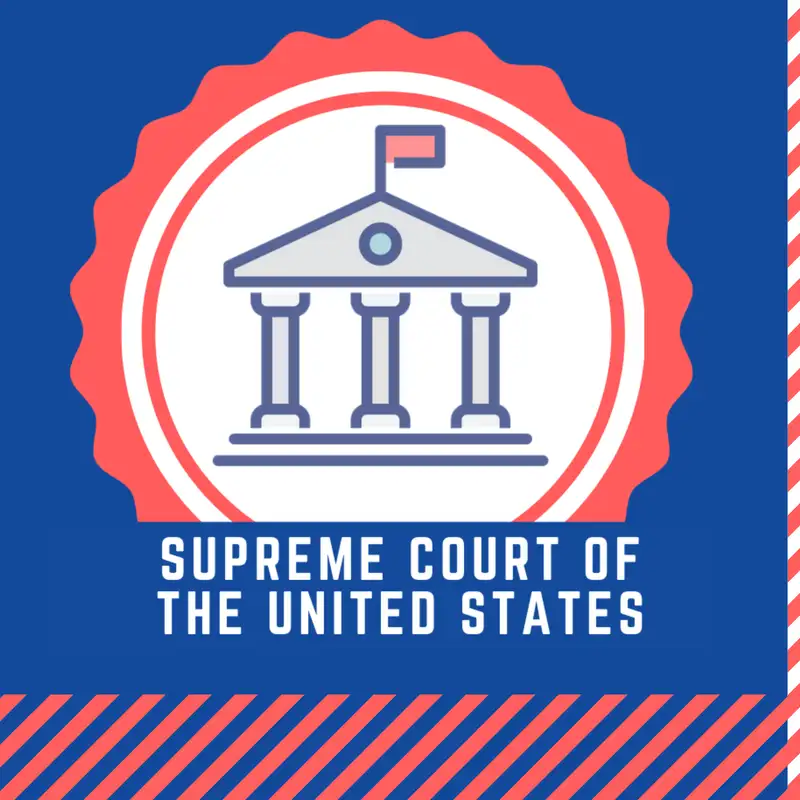Case: 19-431 LITTLE SISTERS OF THE POOR V. PENNSYLVANIA (and 19-454 TRUMP V. PENNSYLVANIA)
19-431 LITTLE SISTERS OF THE POOR V. PENNSYLVANIA
Since 2011, federal courts have repeatedly considered whether forcing religious objectors to provide health plans that include contraceptive coverage violates the Religious Freedom Restoration Act (RFRA). Over and over again, this Court has reviewed these cases on an emergency basis or on the merits. Yet it has never definitively resolved the RFRA dispute. In 2016, an eight-Justice Court in Zubik v. Burwell did not reach the RFRA question and instead remanded for the parties to try to reach a resolution, on the evident assumption that the executive branch possessed the power to provide broader accommodations and/or exemptions. After months of negotiations (and an intervening election), the agencies finally agreed to promulgate new rules providing a broader exemption, seemingly bringing an end to this long-running dispute.
Those new rules were challenged, however, by several states, resulting in a nationwide injunction on the theory that RFRA and the Affordable Care Act not only do not require, but do not even allow, the religious exemption rules. That nationwide injunction has stagnated other cases, and it conflicts with the judgments of many courts that have issued final orders affirmatively requiring comparable exemptions under RFRA. The rights of religious objectorsincluding the Little Sisters' right to defend an exemption-remain very much at issue.
The questions presented are:
- Whether a litigant who is directly protected by an administrative rule and has been allowed to intervene to defend it lacks standing to appeal a decision invalidating the rule if the litigant is also protected by an injunction from a different court?
- Whether the federal government lawfully exempted religious objectors from the regulatory requirement to provide health plans that include contraceptive coverage?
19-454 TRUMP V. PENNSYLVANIA
The Patient Protection and Affordable Care Act (ACA), 42 U.S.C. 18001 et seq., requires many group health plans and health-insurance issuers that offer group or individual health coverage to provide coverage for preventive services, including women's preventive care, without cost-sharing. See 42 U.S.C. 300gg-13(a). Guidelines and regulations implementing that requirement promulgated in 2011 by the Departments of Health and Human Services, Labor, and the Treasury mandated that such entities cover contraceptives approved by the Food and Drug Administration. The mandate exempted churches, and subsequent rulemaking established an accommodation for certain other entities with religious objections to providing contraceptive coverage. In October 2017, the agencies promulgated interim final rules expanding the exemption to a broad range of entities with sincere religious or moral objections to providing contraceptive coverage. In November 2018, after considering comments solicited on the interim rules, the agencies promulgated final rules expanding the exemption.
The questions presented are as follows:
- Whether the agencies had statutory authority under the ACA and the Religious Freedom Restoration Act of 1993, 42 U.S.C. 2000bb et seq., to expand the conscience exemption to the contraceptive-coverage mandate.
- Whether the agencies' decision to forgo notice and opportunity for public comment before issuing the interim final rules rendered the final rules-which were issued after notice and comment-invalid under the Administrative Procedure Act, 5 U.S.C. 551 et seq., 701 et seq.
- Whether the court of appeals erred in affirming a nationwide preliminary injunction barring implementation of the final rules.
